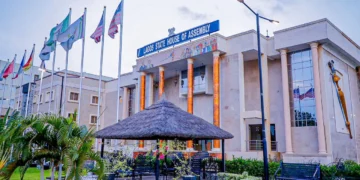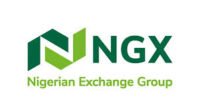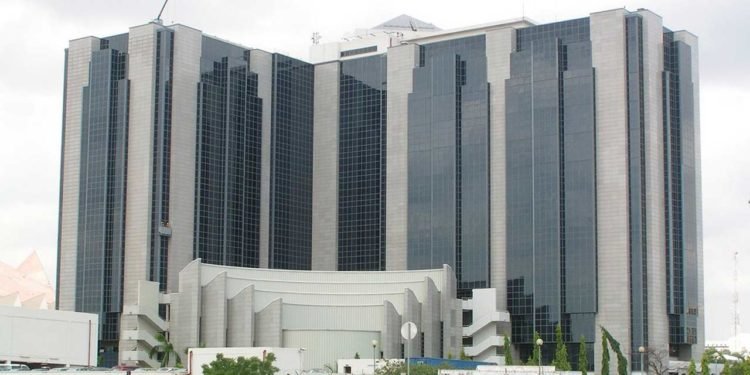(Greenwich Merchant Bank): Since the onset of the global pandemic shock, fiscal and monetary policies waded in to dampen the impact of the virus, as policymakers feared harder economic challenges and the resultant effect on business activities. To this end, the CBN announced that in March it would grant a one-year moratorium on principal repayments, establish a NGN50.0bn targeted credit facility for households and small-and medium-sized enterprises (SMEs), and lower the interest rate on all CBN intervention facilities from 9.0% to 5.0%, amongst others, to cushion the fallout of the global pandemic. The moratorium and reduced interest rate were planned to last for a year, which means they expired by March 1, 2021.
In a bid to strengthen the economic recovery, the CBN this week announced an extension of its regulatory forbearance for the restructuring of OFI Credit Facilities. Effectively, the discounted interest rate for the CBN intervention facilities will be stretched until February 28, 2022, and the moratorium on the Apex bank’s facilities will be rolled-over on a case-by-case basis.
Read: List of Dividends announced in 2021, qualification and payment dates
The move to extend the regulatory forbearance came as banks’ Non-Performing Loans (NPLs) ratio rose above the prudential threshold of 5.0% to 6.0% at end-December 2020, from 5.9% at end-November 2020. We recall that out of NGN18.9tn total banking sector credit, more than a dozen commercial banks applied to restructure over 32,000 loans worth NGN7.8tn.
So far, the CBN has announced a total disbursement of NGN2.0tn across its intervention programs. It also noted that it had disbursed c. NGN192.6bn to 426,016 beneficiaries (household and small businesses) under its COVID-19 Targeted Credit Facility (TCF), at the first Monetary Policy Committee (MPC) meeting of 2021. The Apex bank further disclosed the breakdown of its intervention which totals NGN107.0bn for the AgriBusiness Small and Medium Enterprises Investment Scheme (AGSMEIS), and NGN73.0bn under the Health Care Support Intervention Facility, among other things.
More importantly, the CBN’s policy actions aided growth, as the economy exited its short-lived recession in the final quarter of 2020, on the back of a pick-up in the non-oil sector. Noteworthy was the growth in the Agriculture sector which enjoyed support through the Anchors’ Borrowers Programme, and other supportive measures.
With the economy poised to grow further in Q1:2021, the CBN continues to maintain its pro-growth stance to ensure that stability is achieved, and that support is not withdrawn too quickly. In view of this, the MPC at its January meeting also maintained the status-quo, noting that its current priority is to quicken the pace of recovery through sustained and targeted spending by the fiscal authorities, backed by the Bank’s intervention. Thus, the MPC urged the CBN to increase its efforts towards deploying credit to the real sector.
It is our view that the efforts of the CBN will be critical for steering the economy to full recovery, even as oil prices rebound. We note that country is about to commence mass vaccination, following the receipt of around four (4) million vials of the AstraZeneca vaccine and the ongoing registration of the populace for inoculation. Though this remains positive, we expect the economy would remain under marked stress, as lingering security challenges, FX difficulties, ballooning public debt, elevated inflationary pressures, and shrinking job numbers appear as downside risks to the outlook.























































